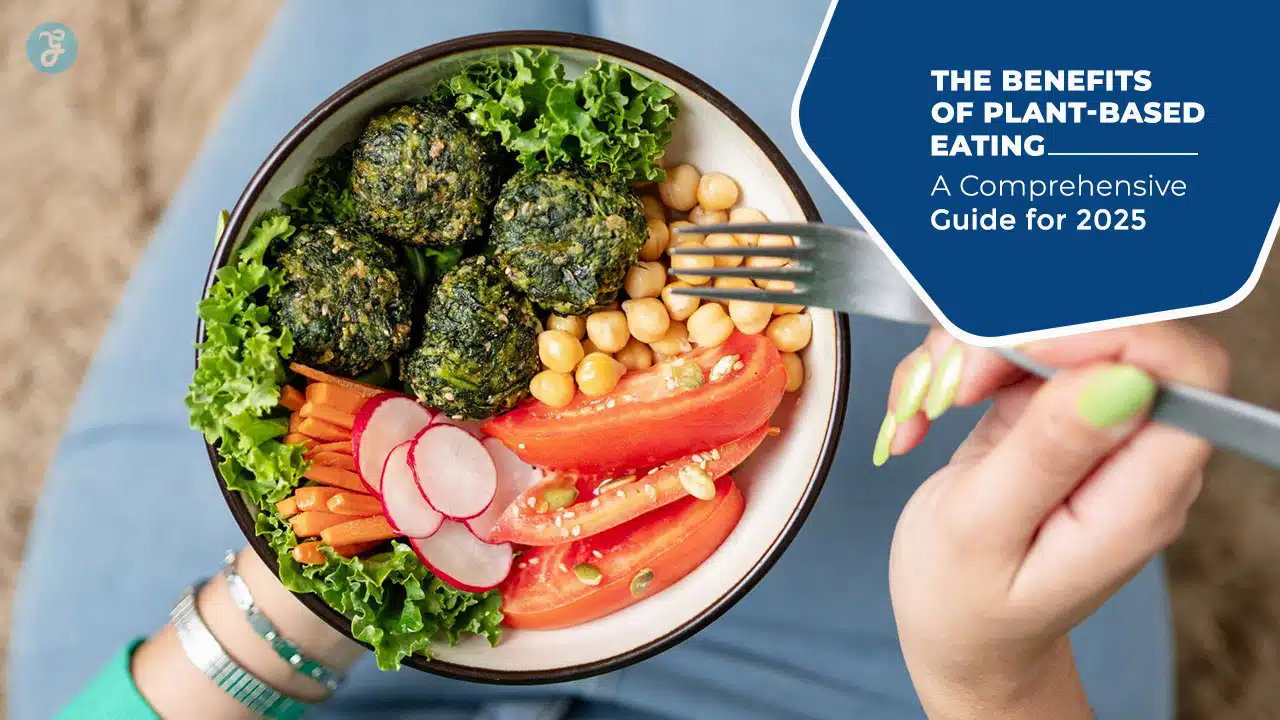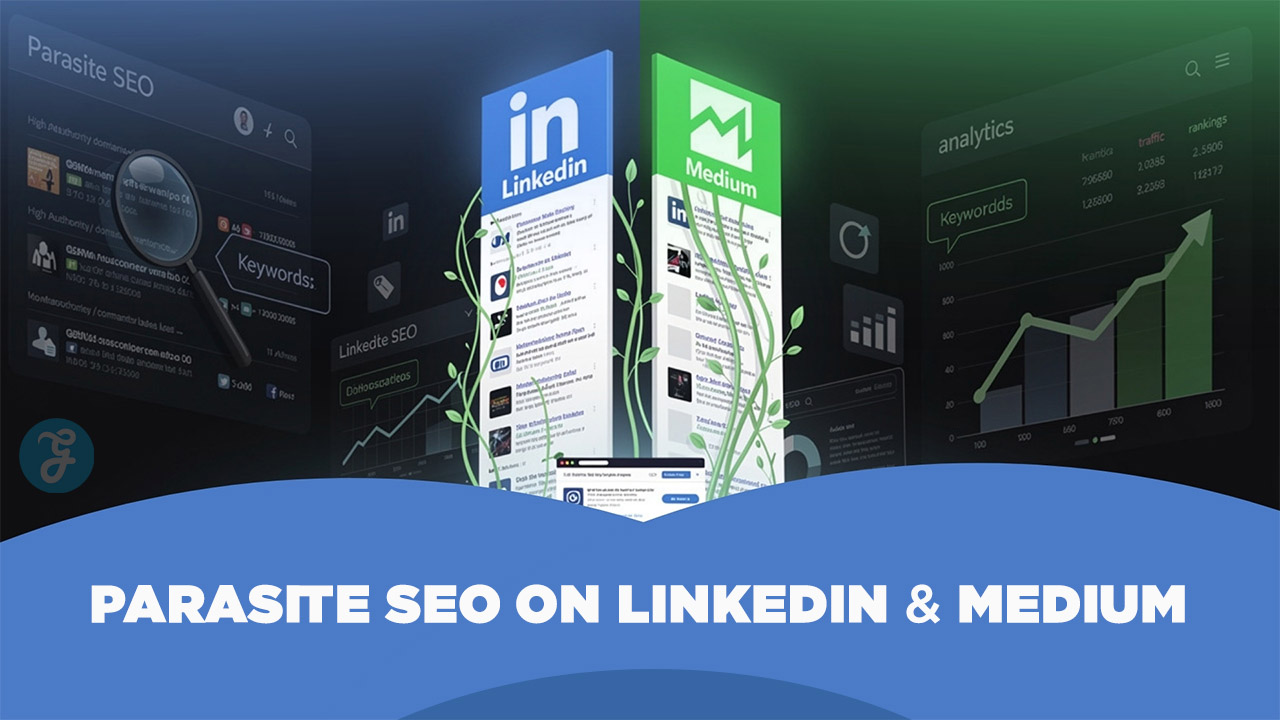The benefits of plant-based eating are reshaping how we think about food, health, and the environment. This lifestyle is not only about choosing more vegetables; it represents a powerful shift toward sustainability, ethical food practices, and improved personal well-being. As 2025 unfolds, the appeal of plant-based diets continues to grow, supported by science and global trends.
This guide delves into the numerous advantages of plant-based eating, offers practical tips for transitioning, and highlights the exciting trends on the horizon. Whether you’re curious about improving your diet, reducing your carbon footprint, or enjoying diverse meals, this article covers it all.
What Is Plant-Based Eating?
A plant-based diet emphasizes foods derived from plants, including fruits, vegetables, grains, nuts, seeds, and legumes. Unlike veganism, which excludes all animal products, plant-based eating can include flexibility, with occasional animal-based foods like dairy or meat.
Key Differences Between Plant-Based, Vegetarian, and Vegan Diets
| Diet Type | Definition | Allowed Foods |
| Plant-Based | Focuses primarily on plant foods but may include small amounts of animal products. | Fruits, vegetables, grains, nuts, seeds; limited dairy/meat. |
| Vegetarian | Excludes meat but often includes dairy and eggs. | Dairy, eggs, fruits, vegetables. |
| Vegan | Excludes all animal products, including dairy, eggs, and honey. | Only plant-derived foods. |
Global Cultural Practices
Plant-based eating isn’t new. Many cultures have long embraced plant-forward diets:
- India: Predominantly vegetarian with lentils, chickpeas, and spices.
- Mediterranean: Rich in olives, whole grains, and fresh produce.
- East Asia: Tofu, rice, and seaweed form dietary staples.
The Incredible Benefits of Plant-Based Eating
The benefits of plant-based eating are well-documented when it comes to personal health. Shifting to a plant-based diet can improve heart health, boost digestion, and help with weight management.
Improved Heart Health
- Impact: Lowers LDL cholesterol and blood pressure, reducing the risk of cardiovascular diseases.
- Key Foods: Nuts, leafy greens, whole grains, and legumes.
- Statistics: A study in the Journal of the American Heart Association reported a 32% lower risk of heart disease among plant-based eaters.
Enhanced Digestion
- Impact: High fiber supports gut health and prevents digestive disorders.
- Key Foods: Garlic, bananas, onions, and whole grains.
- Statistics: High-fiber diets reduce constipation risk by 40% (American Journal of Gastroenterology).
Weight Management
- Impact: Lower calorie density promotes healthy BMI.
- Key Foods: Lentils, quinoa, and vegetables.
- Statistics: A meta-analysis in The Lancet found plant-based eaters had 16% healthier BMIs compared to omnivores.
| Health Benefits at a Glance | How It Helps |
| Heart Health | Reduces cholesterol and blood pressure, lowering heart disease risk. |
| Digestive Health | High fiber content supports regular bowel movements and gut health. |
| Weight Management | Lower calorie density and high fiber aid in weight loss and maintenance. |
Environmental Impact of Plant-Based Eating
Switching to plant-based foods significantly reduces carbon emissions and conserves natural resources, demonstrating the benefits of plant-based eating for our planet.
Reduced Carbon Emissions
- Impact: Animal farming contributes 14.5% of global greenhouse gas emissions (FAO).
- Solution: Reducing meat consumption lowers personal carbon footprints.
Conservation of Resources
- Impact: Producing plant-based foods uses significantly less water and land.
- Example: One pound of beef requires 1,800 gallons of water, while vegetables need only 39 gallons.
| Environmental Impact at a Glance | Plant-Based Contribution |
| Greenhouse Gases | Lower emissions due to reduced reliance on animal agriculture. |
| Water Usage | Decreased water consumption as plant foods require less water. |
| Land Use | Preserves land for forests or biodiversity instead of livestock grazing. |
Economic Benefits
Affordable Food Choices
- Impact: Staple plant-based foods like rice, beans, and lentils are cost-effective.
- Cost Comparison: A pound of lentils costs $1.49, compared to $5.99 for chicken breast (USDA Price Index).
Boost to Local Economies
- Impact: Growth in farmers’ markets and plant-based startups creates jobs.
- Example: Plant-based markets grew by 27% in 2023 (Good Food Institute).
| Economic Benefits at a Glance | Description |
| Lower Grocery Costs | Affordable plant-based staples reduce overall food expenses. |
| Economic Growth | Expanding plant-based markets contribute to business opportunities. |
Social and Ethical Benefits
Animal Welfare
- Impact: Reduces reliance on factory farming, improving animal conditions.
- Example: A 2024 report by PETA showed a 15% decline in factory farm demand.
Cultural Shifts
- Impact: Encourages inclusivity and diverse culinary creativity.
- Example: Major brands like McDonald’s have launched plant-based menu items globally.
| Social Benefits at a Glance | Description |
| Animal Welfare | Supports ethical treatment by reducing factory farming. |
| Cultural Movements | Promotes inclusive and innovative culinary practices. |
Challenges of Plant-Based Eating (And How to Overcome Them)
Nutritional Concerns
- Challenge: Hard-to-obtain nutrients like B12, iron, and omega-3s.
- Solution: Use fortified foods and supplements.
Social Dynamics
- Challenge: Limited options at gatherings.
- Solution: Suggest or bring plant-based dishes.
Access to Products
- Challenge: Fewer plant-based options in rural areas.
- Solution: Focus on staples like beans, grains, and seasonal produce.
| Common Challenges | Solutions |
| Nutritional Gaps | Incorporate fortified foods, supplements, and diverse plant-based sources. |
| Social Barriers | Host gatherings with inclusive dietary options. |
| Limited Access | Utilize local, seasonal produce and pantry staples. |
Getting Started: How to Transition to a Plant-Based Diet
Practical Tips
- Start Small: Begin with one plant-based meal per day.
- Plan Meals: Batch cook soups, stews, and grain-based dishes.
- Experiment: Explore plant-based proteins like tofu and lentils.
Sample Weekly Meal Plan
| Day | Breakfast | Lunch | Dinner |
| Monday | Oatmeal with berries | Quinoa salad | Lentil curry |
| Tuesday | Smoothie bowl | Chickpea wrap | Veggie stir-fry |
| Wednesday | Avocado toast | Buddha bowl | Sweet potato chili |
Plant-Based Foods to Add to Your Diet in 2025
Incorporate these nutrient-dense plant-based foods into your diet and discover creative ways to prepare them.
| Food | Key Nutrients | Ways to Use |
| Lentils | Protein, iron, fiber | Soups, stews, salads |
| Quinoa | Complete protein, magnesium | Bowls, sides, breakfast porridge |
| Sweet Potatoes | Beta-carotene, fiber | Roasted, mashed, in casseroles |
Future Trends in Plant-Based Eating
Get insights into the innovative developments shaping the future of plant-based diets, including food technology and global initiatives.
Expect exciting developments in 2025:
- Food Tech: Lab-grown meats and dairy alternatives.
- Global Policies: Increased plant-based initiatives in schools and workplaces.
- Innovation: Creative dishes using jackfruit, seaweed, and pea protein.
Takeaway
The benefits of plant-based eating are undeniable, spanning personal health, environmental conservation, and social ethics. By embracing a diet rich in plant-based foods, you’re contributing to a healthier body, a greener planet, and a more compassionate world.
Transitioning to plant-based eating doesn’t have to be overwhelming. Even small changes, like incorporating more fruits, vegetables, and legumes into your meals, can lead to profound benefits over time. Imagine enjoying vibrant, nutrient-rich dishes while knowing that your choices are making a positive impact on the planet and its inhabitants.
Beyond individual gains, plant-based eating is part of a broader movement for sustainability and social responsibility. By adopting this lifestyle, you join a global effort to create a more equitable food system, reduce environmental damage, and foster innovation in the culinary world. Every meal you choose is a step toward a healthier, more sustainable future.









































